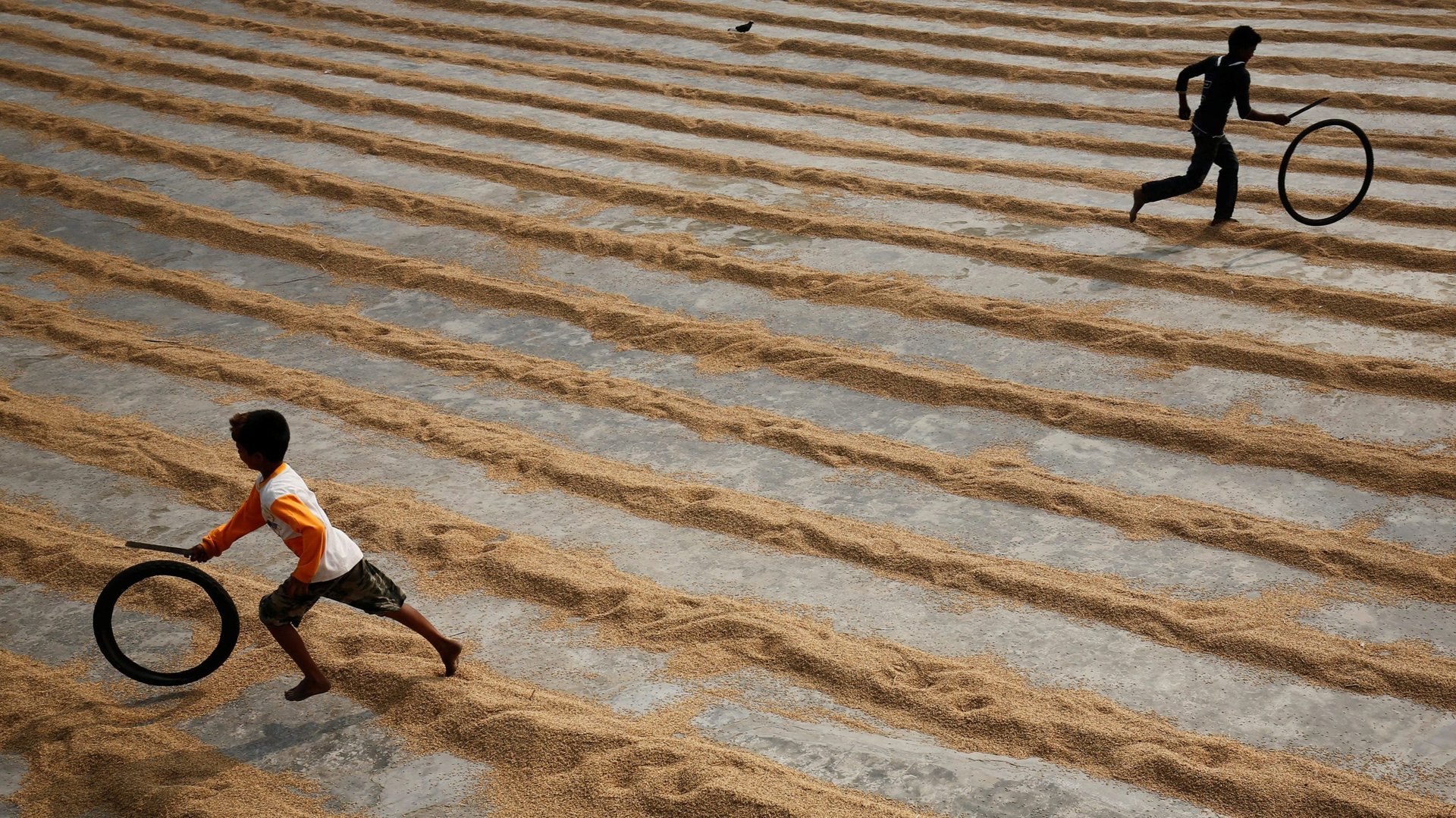The conditions that help poor people make better decisions, according to new research
One of the keys to success in life is learning to forego instant gratification for long-term rewards. When we stay home to work on a college essay instead of going out with our friends, or put money toward retirement savings when we could spend it on clothing and fancy meals out, we are betting that the long-term payoff will be worth the short-term sacrifice.


One of the keys to success in life is learning to forego instant gratification for long-term rewards. When we stay home to work on a college essay instead of going out with our friends, or put money toward retirement savings when we could spend it on clothing and fancy meals out, we are betting that the long-term payoff will be worth the short-term sacrifice.
Troublingly, research has shown that low-income people are more likely to make short-term decisions—like borrowing at excessive rates—that make them worse-off in the long run. A 2012 study, published in Science magazine, explains that this kind of decision-making is the direct result of poverty. When we have limited resources, our brains adopt a “scarcity mindset.” All our attention is directed to figuring out how to make rent or buy enough groceries to get through the week, which means that we have a harder time making decisions that involve long-term thinking. This it even harder for people to escape the cycle of poverty.
In a recent paper in the Proceedings of National Academy of Sciences, we investigate how this cycle can be broken. Our studies in the US and rural Bangladesh found that poor people can make strong, long-term decisions—provided they have trust in their local communities. Escaping poverty, in other words, depends on how much people feel they can rely upon their communities to have their backs.
In one test, we conducted a two-year field study with extremely poor people in Bangladesh, the vast majority of whom live underneath the poverty line of $2 a day. We wanted to increase community trust—so we took 121 union councils, the smallest level of local government, and split them into two groups. Half the councils worked with trained volunteers from the community, who acted as intermediaries between their neighbors and the local government. The volunteers had to interact with their neighbors to understand their concerns, provide that input to the council, and help residents access public services.
At the end of the two-year time period, we compared the decisions of people in the union councils that had received the intervention to those from 60 very similar union councils that did not. We found that the groups with higher levels of community trust were now more likely to forego receiving 500 Tk (roughly $6 in US dollars) in order to receive 1,500 Tk (US$18) in three months. This type of decision is emblematic of other tradeoffs between the short- and long-term that low-income people must overcome in order to begin alleviating their destitute situation.
Such effects play out across the United States. We also asked 5,721 participants across the US to respond to a survey about community trust. Then we examined the frequency of payday loan usage across states from the Federal Reserve Board’s Survey of Household Economics and Decision-making. We found that people take out payday loans more infrequently in states where levels of community trust are higher—likely because they can rely on their peers to alleviate their financial needs.
How does this work? When the poor evaluate trade-offs between small, short-term options and bigger, longer-term rewards, many people ask themselves, “Can I really afford to forego the immediate payoff?” Their pressing financial situation may give them no option but to focus on the short term. They may, for example, choose take out a payday loan in order to pay a bill, even if in the long term, the ballooning interest on the loan will put them deeper in debt.
But when people in a poor community feel they can count on others to step in and help should they encounter a large loss, they are more likely to take the risk of foregoing the immediate solution for the sake of the big picture. Relatedly, another line of research shows that people who are embedded in strong communities feel less stressed when they encounter bad situations, which means they can shift their attention toward the long-term—putting them in the right position to make better choices.
Taken collectively, our work suggests that the key to fighting poverty may be to focus less on low-income individuals and more on low-income communities as a whole. That means investing in community centers, libraries, parks, and other spaces that encourage members of communities to interact with one another, and giving community members more say about decision-making at the local level. It also means challenging efforts to slash community development programs—as with the Trump administration’s preliminary 2018 federal budget, which recommends eliminating the $3 billion Community Development Block Grant. Our research suggests that we need more, not less, funding for such programs, which have a tangible impact on people’s ability to escape poverty.
We already know that poverty is a systemic problem, not an individual one. It’s time to adopt solutions that operate the same way.